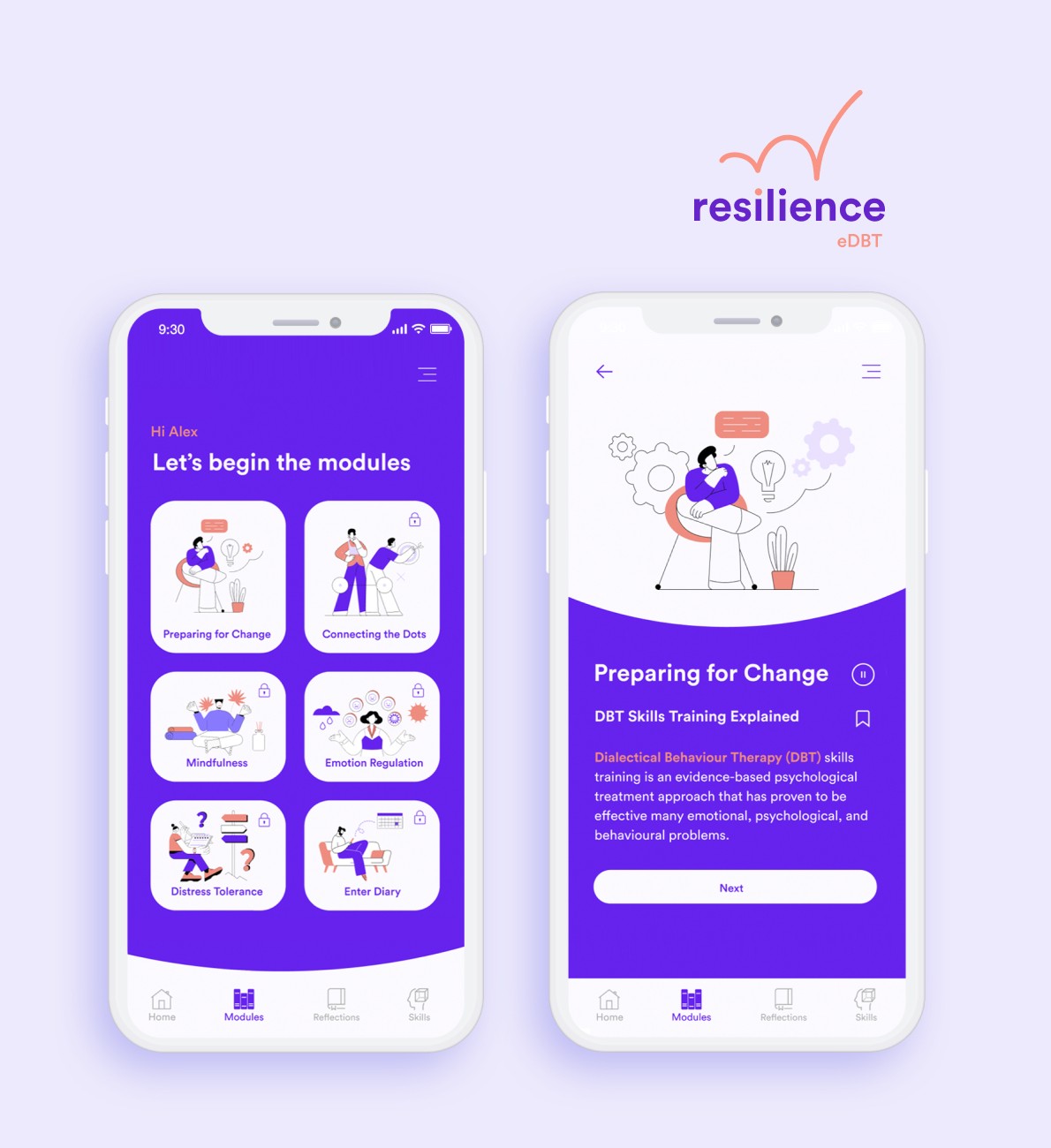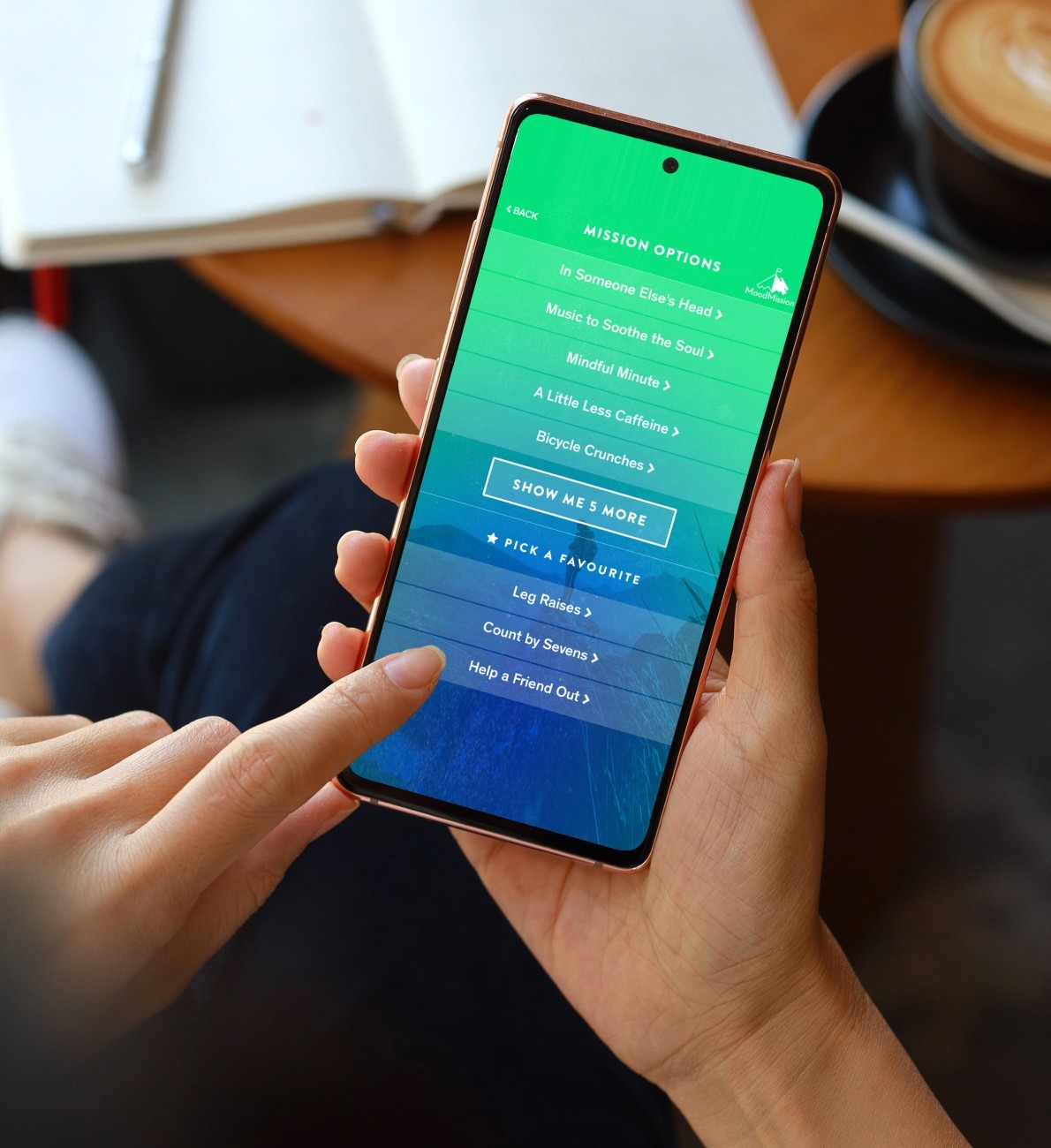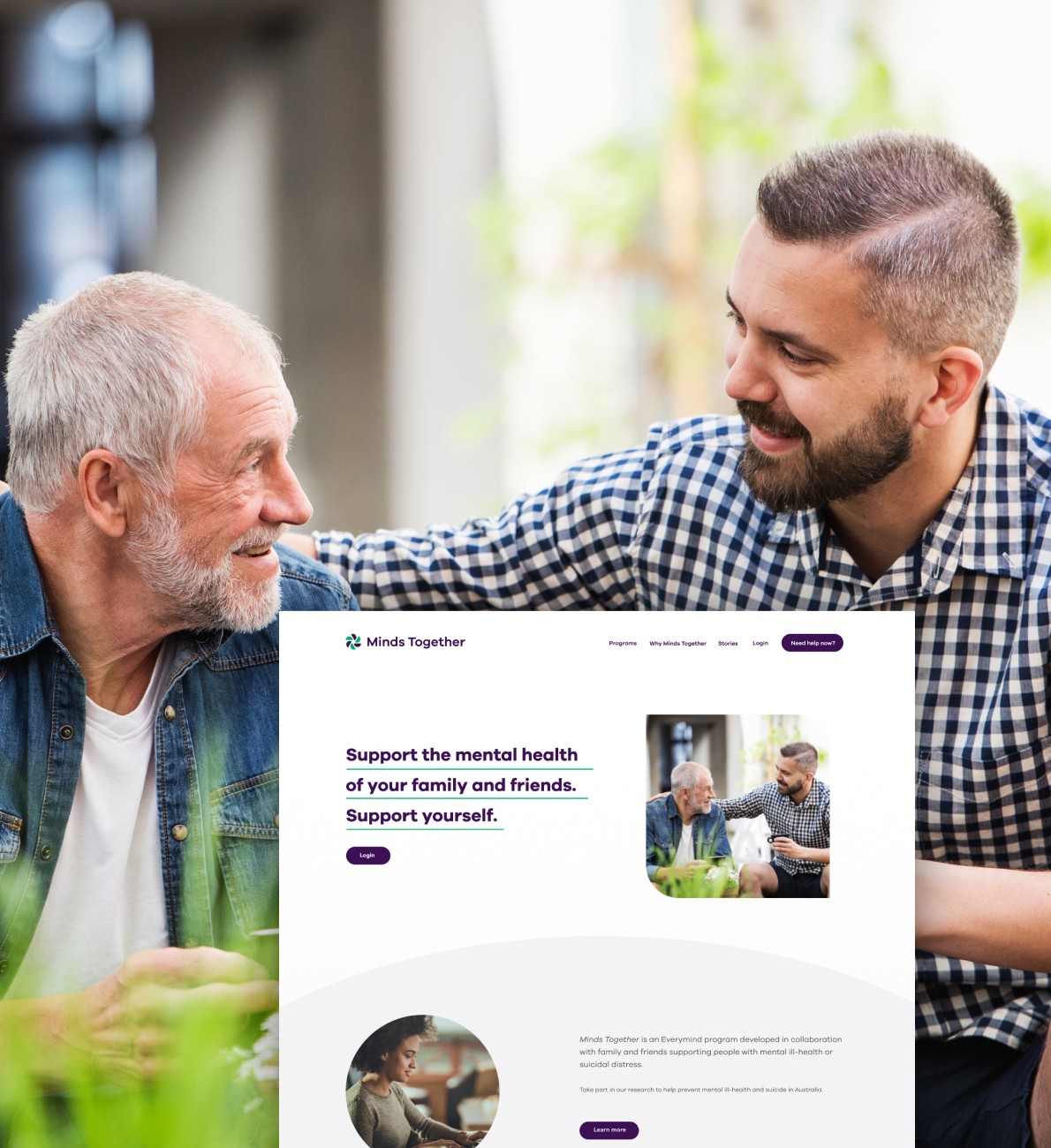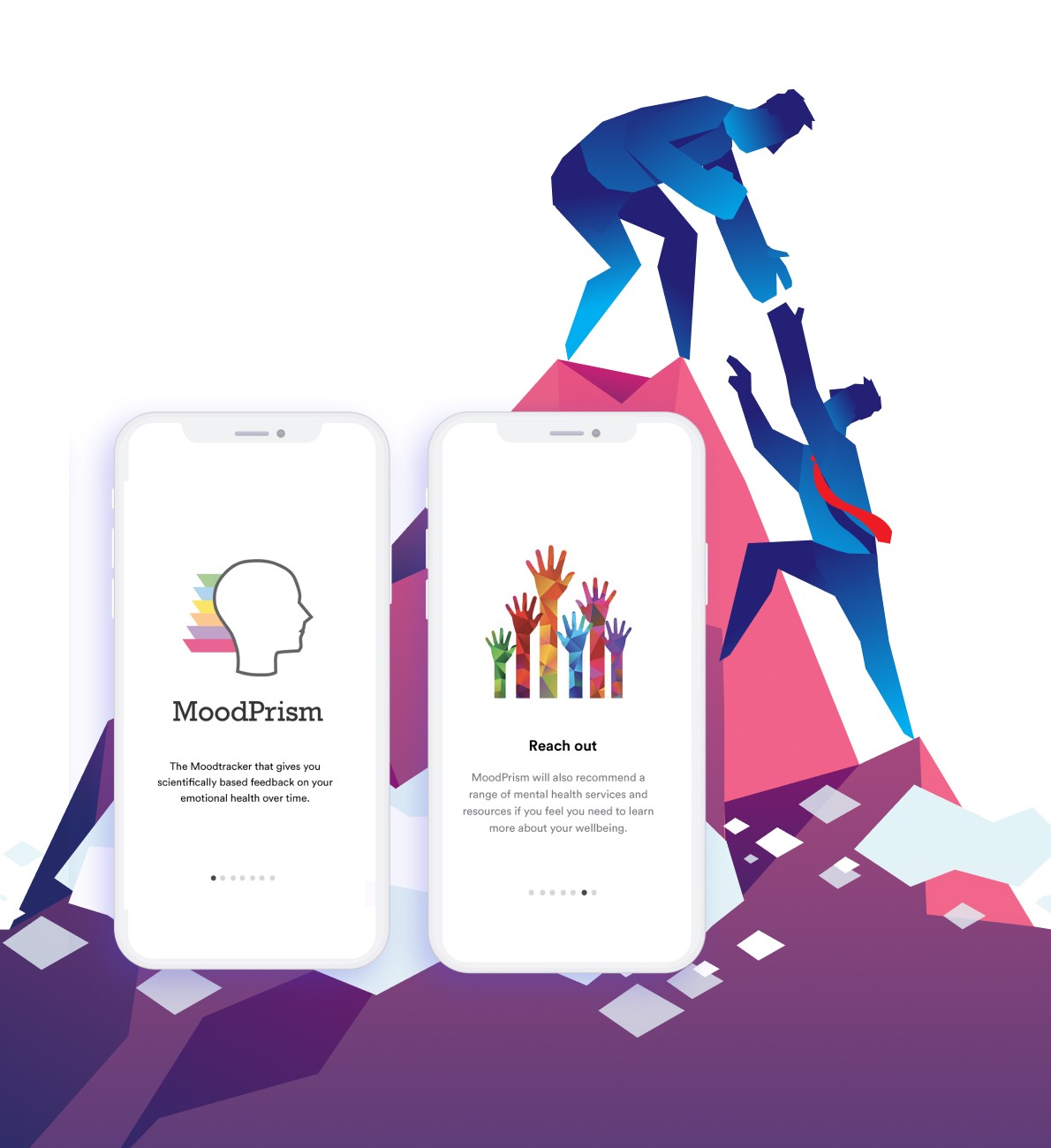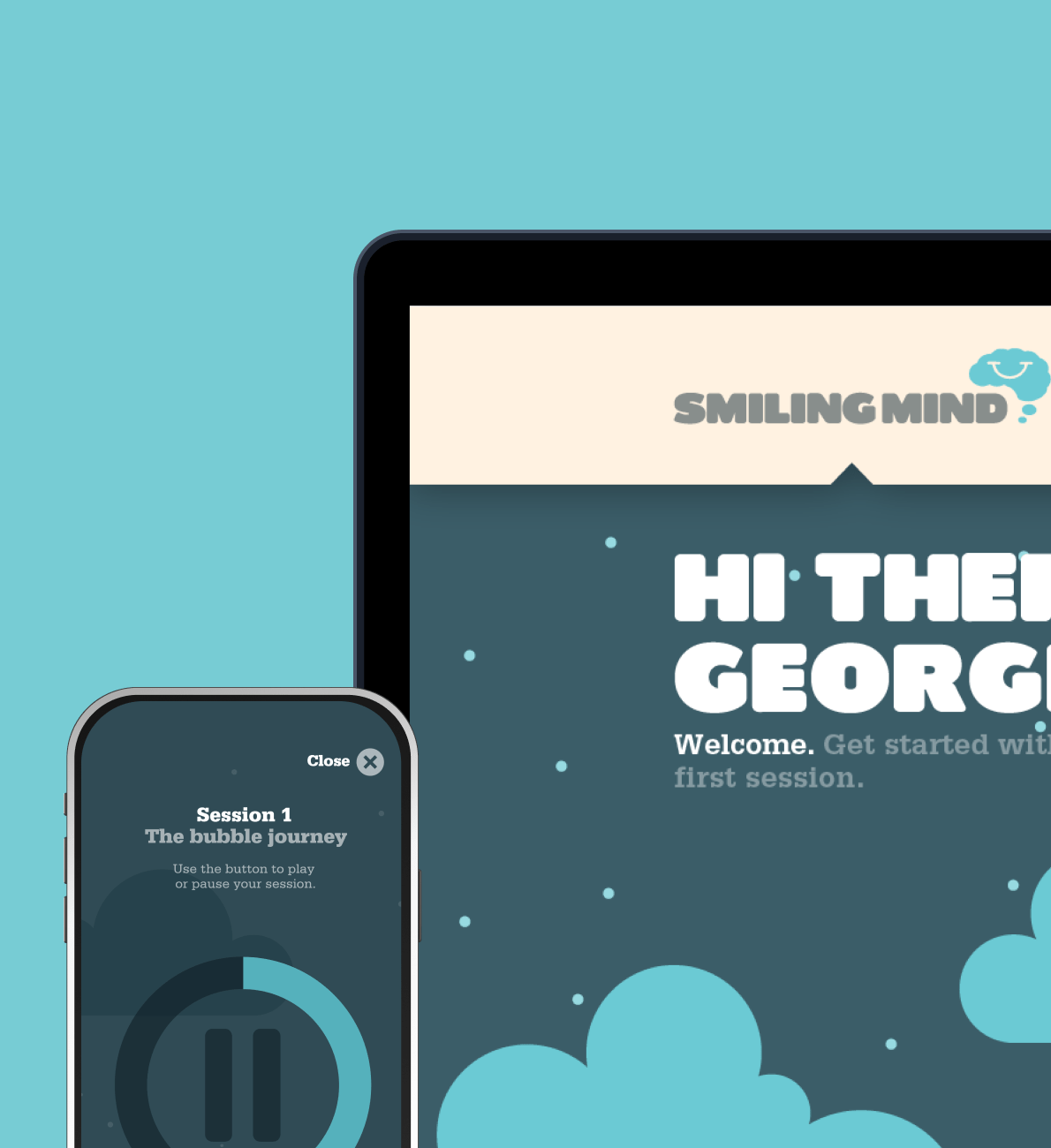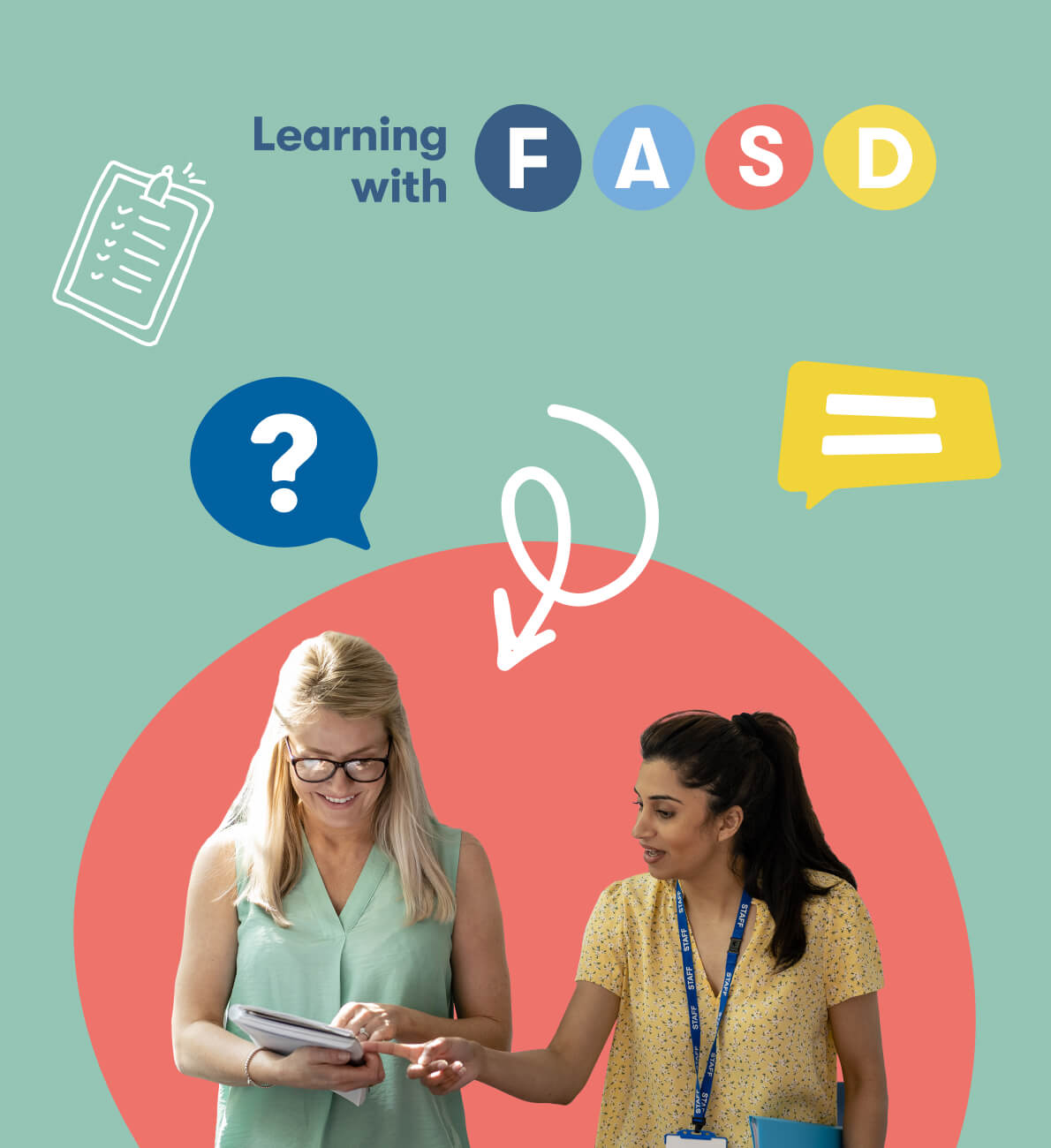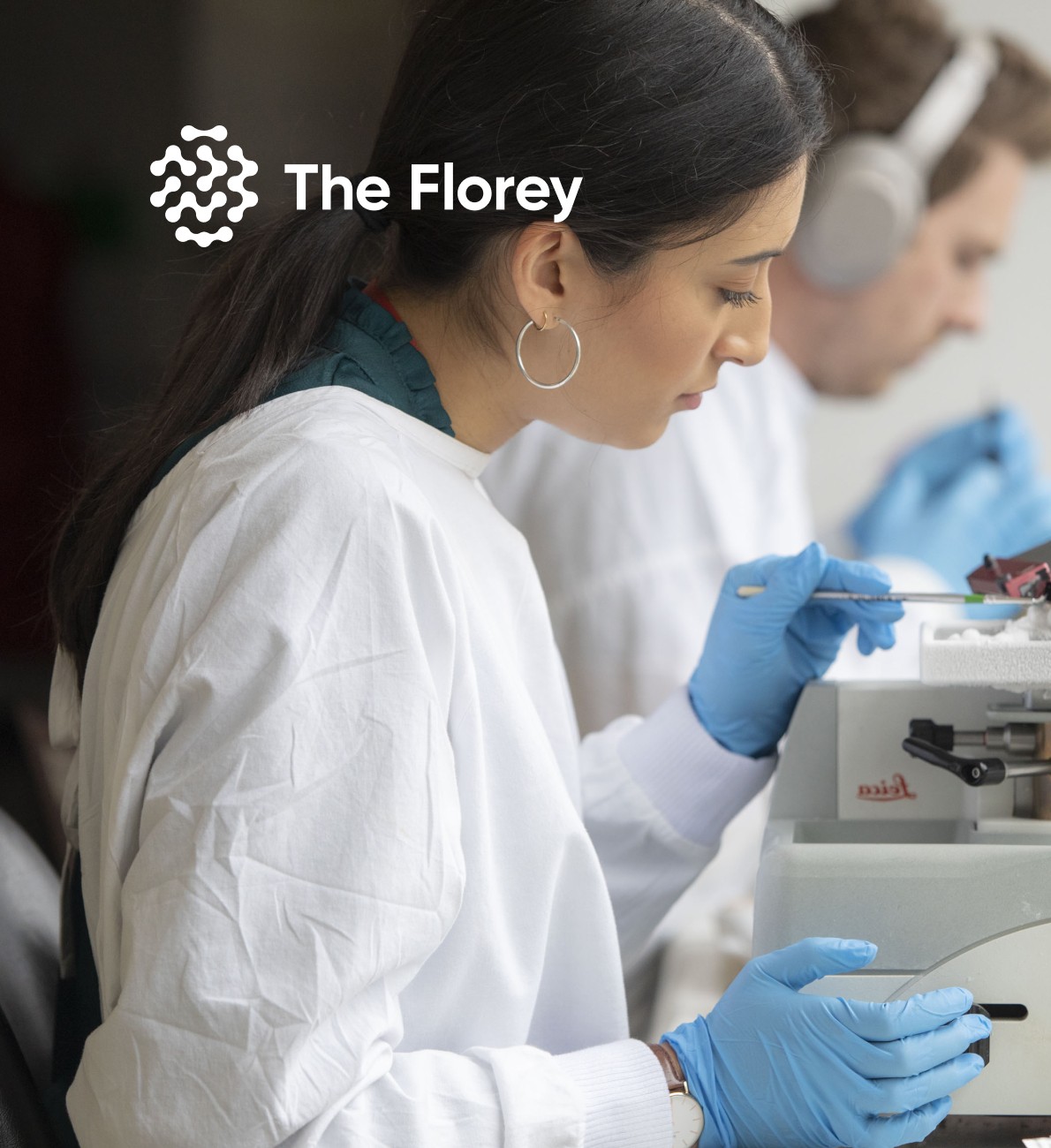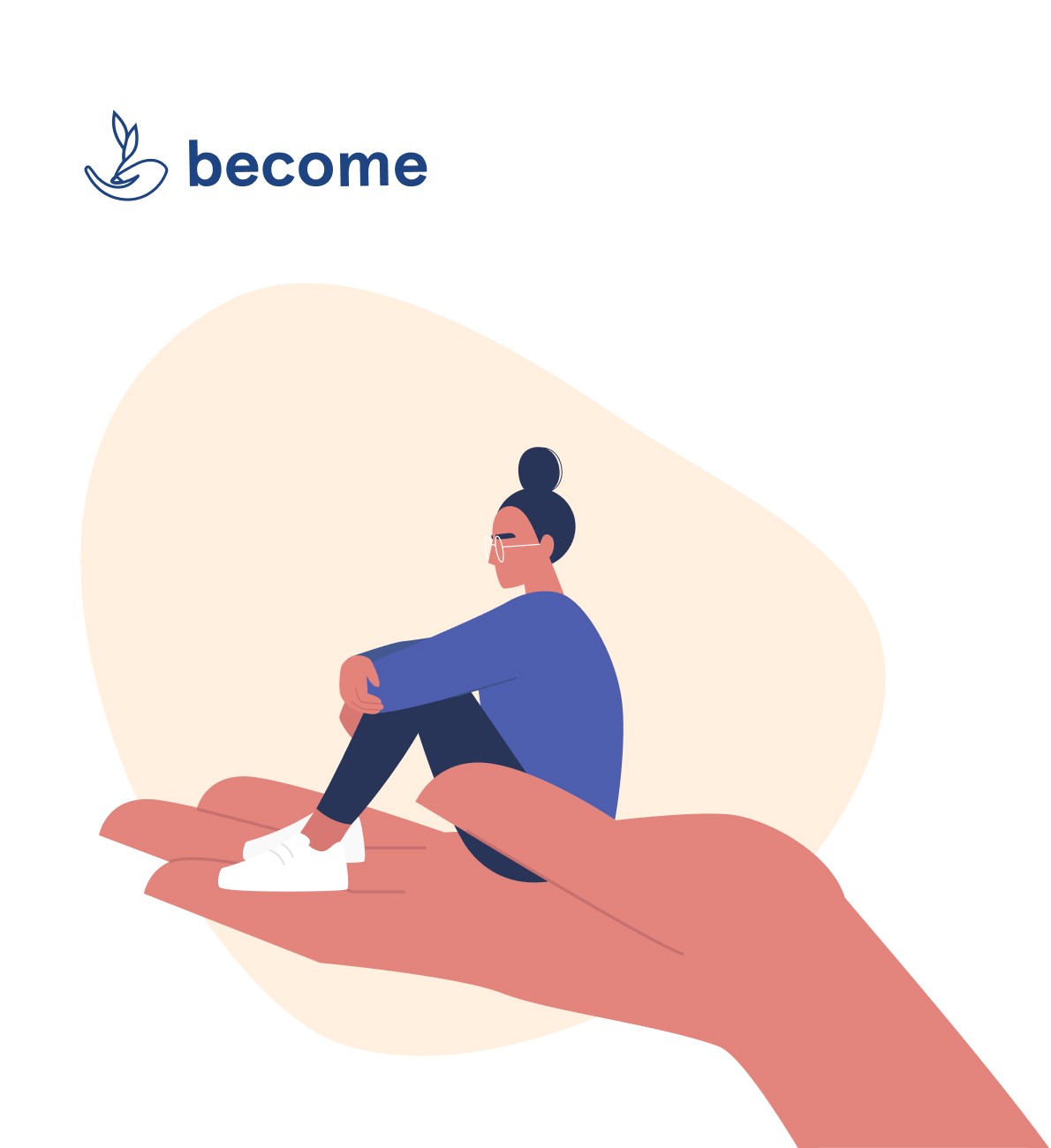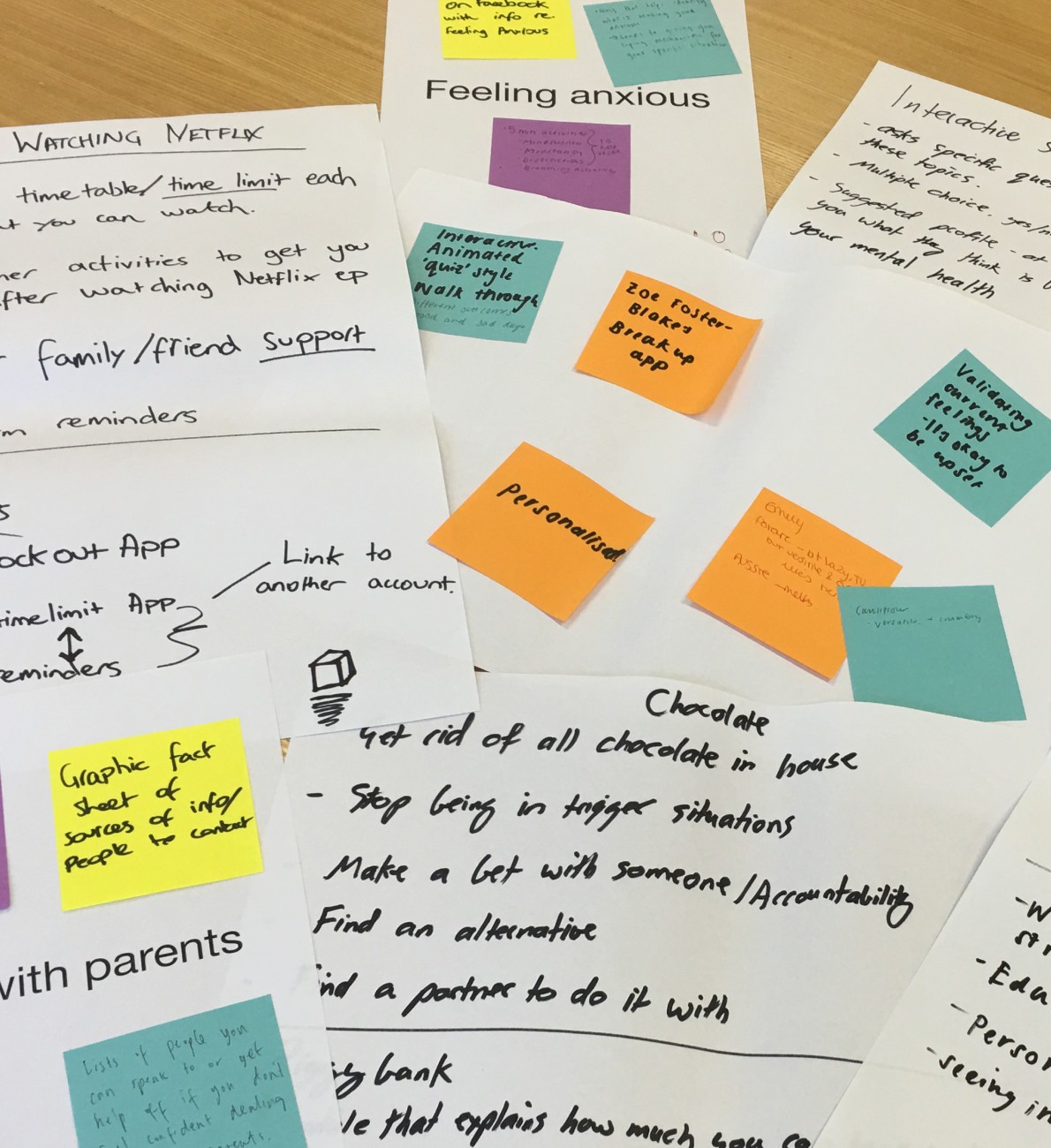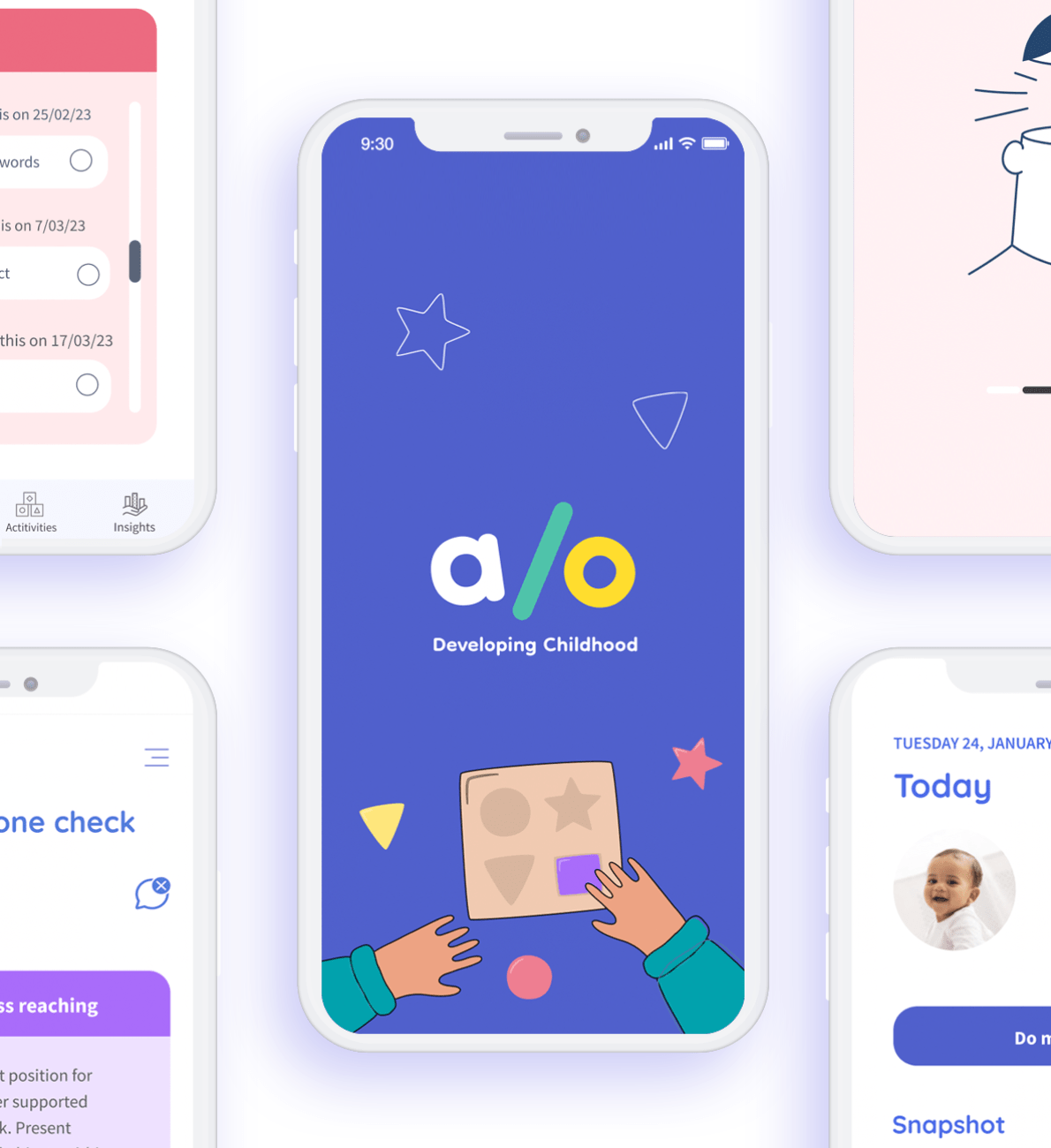Contemplating over a decade’s involvement in the digital mental health space

Founded 20 years ago, Spark Digital has harnessed strong partnerships with leading universities and research institutions to drive innovation in digital mental health, starting with building the first versions of the pioneering app, Smiling Mind, 12 years ago.
Since then, we have developed a diverse range of mental health mobile and web apps including MoodMission, MoodPrism, Resilience eDBT, and the Alo Childhood Development app, each crafted to boost emotional well-being and effectively manage mental health issues.
These apps feature tailored activities, mood tracking, therapeutic techniques, and mindfulness exercises, making psychological care accessible and engaging.
Key innovations like machine learning combined with Cognitive Behavioural Therapy (CBT) in MoodMission and visual mood tracking in MoodPrism enhance users’ ability to manage anxiety and depression, promoting greater emotional awareness. Additionally, the Resilience App incorporates Dialectical Behavior Therapy (DBT) to address emotional eating, while Smiling Mind offers mindfulness exercises tailored for various demographics. The Alo app uses cutting-edge technology to help parents and carers track developmental milestones in real time, offering actionable insights and personalised activities to support their child’s growth from day one.
Apps co-designed with people with lived experience allow us to create digital products that are empathetic to their situations. Using these insights helps us design user interfaces and experiences that understand and sympathise with their circumstances.
Mobile mental health apps allow for an intimate, self-directed learning environment. People with different mental health conditions can use mobile apps to learn skills to improve their life and wellbeing.
The use of audio coaches gives a further human touch in mental health apps allowing people to feel connected and guided in their journeys.
One of the key functionalities for mobile apps that sets them apart from websites or web apps is push notifications. Smart use of push notifications where the user controls when and how often messages are sent increases engagement with mental health apps.
Mental health apps that we work on are research and evidence based by leading Australian Universities and many projects include Randomised Controlled Trials (RCTs) where the randomisation is undertaken within the apps themselves. For example 2 versions of an app may be offered to a user with the data analysed to determine what interventions are most successful.
Each app’s unique capabilities are designed to empower users to take control of their mental health in innovative and engaging ways.
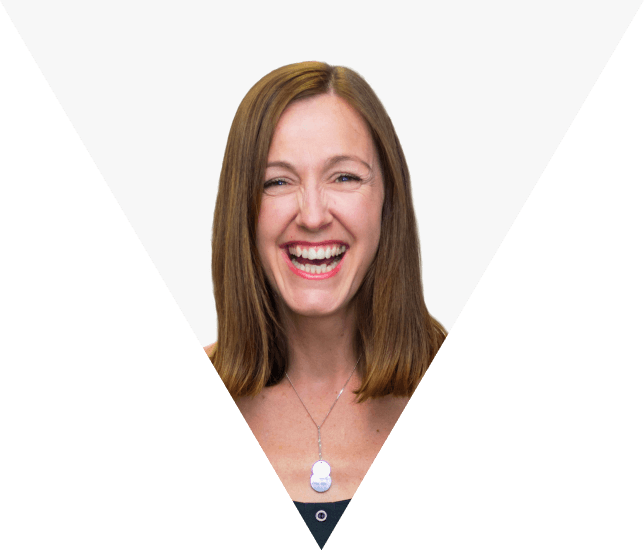
Meet our Design Lead, Bec
Describe how you have found designing apps for the mental health sector?
With a strong passion for mental health, I’ve discovered designing apps for the mental health sector to be intriguing and profoundly fulfilling. With the increase in mental health conditions, it’s gratifying to contribute to something that will significantly impact numerous lives. I love that I’ve watched this space grow to provide accessible, affordable mental health resources to underserved communities, this aligns with our values at Spark.
How has your journey been so far in this space? Can you share some key design features or strategies implemented, what developments have you seen?
As I embarked on my journey in developing mental health apps, they were initially regarded as mere supplements to traditional therapy, primarily focusing on daily mood tracking. However, I’ve witnessed a remarkable evolution in these apps, which now offer comprehensive features such as mental health journals, psycho-education, and Cognitive Behavioral Therapy (CBT) techniques. These advancements empower users to learn and apply CBT skills through reminder notifications, aiding in skill retention and practice.
Mental health is a sensitive and complex area. How do you incorporate empathy and user-centered design principles into your work to address the diverse needs of users?
At its core, user-centered design involves empathising with users throughout the design process. By co-designing with the vulnerable population and collaborating with researchers and experts in the field, I can comprehensively understand user needs, objectives, and behaviours and design accordingly. In addition, by partnering with renowned institutions, we ensure that the apps we develop undergo rigorous testing by those seeking help, often through Randomised Controlled Trials (RCTs), to assess their impact and efficacy in providing the required mental health support.
Have you received positive feedback from users or professionals in the industry?
Researchers and psychologists are often impressed by our ability to transform substantial psychoeducational content into easily digestible, interactive elements. Users typically provide positive feedback on how the calming colors used in the design and the relatable yet non-judgmental imagery contribute to their positive experience of the app.
What challenges have you faced in designing mental health apps, and how have you overcome them to deliver successful outcomes for users and clients?
Occasionally, the technology requires further refinement before it can be effectively included in our apps. We’ve explored incorporating wearable technology into one of our apps however despite the promise of wearable tech for stress monitoring, it encounters hurdles concerning data privacy, sensor precision, and user adherence.
Technology is constantly evolving. How do you stay updated with the latest design trends and advancements in mental health technology to enhance the user experience and app functionality?
To stay current with the latest advancements in this field, I actively connect with prominent figures in both the mental health and emerging app technology sectors through social media, blogs, and podcasts. I also frequent art galleries and museums for inspiration and explore new app tools and technologies to assess their potential applicability in the mental health sector.
Featured projects: a showcase of our impact
What our clients say
We love being a part of our partners journey especially at the point of change where we can really make an impact.
“We are already receiving positive feedback about the program from those who have viewed it outside of the research team. Such great work.”

Hannah Coates
Project Manager
The University of Newcastle
“I recommend Spark Digital as you’ve been fabulous to work with for our team”

Nikki Rickard, PhD
Professor, Wellbeing Science
The University of Melbourne
“The app has been incredibly well received – over 4500 downloads and a rating of 7/10 from a user experience survey we’ve currently got out so we’re very happy with that.”

Lauren Elston
Senior Project Officer
The Australian Institute for Teaching and School Leadership (AITSL)
“Spark Digital is unique in the sense that they have consistently strong reviews, produced world-renowned mental health apps, and possess capability of building key technological functionality.”

Jake Linardon
Senior Research Fellow
Deakin University
“Thanks again to the whole Spark team for all your work on the project. It’s very exciting to see the website and resources out in the world! It’s been a pleasure working with you.”

Julia Riches
Research Officer
The University of Sydney: Matilda Centre
“How great the process has been working with you and your team to develop the SOLAR app for FRNSW”

Kari Gibson
Research Fellow
The University of Melbourne: Phoenix Australia

Some of the amazing organisations we’ve teamed with


Have a free consultation to discuss your project with the founder Nick.
Say hello to us hello@sparkdigital.com.au or call us at 1300 001 213
Website projects start at $25k. App projects start at $50k. Digital marketing projects start at $10k.
